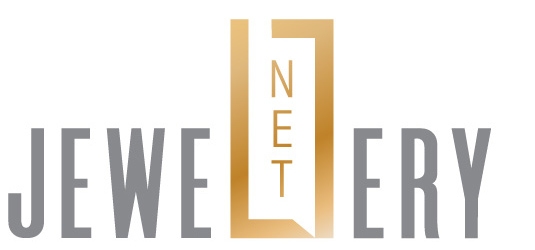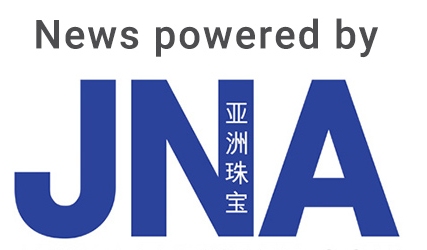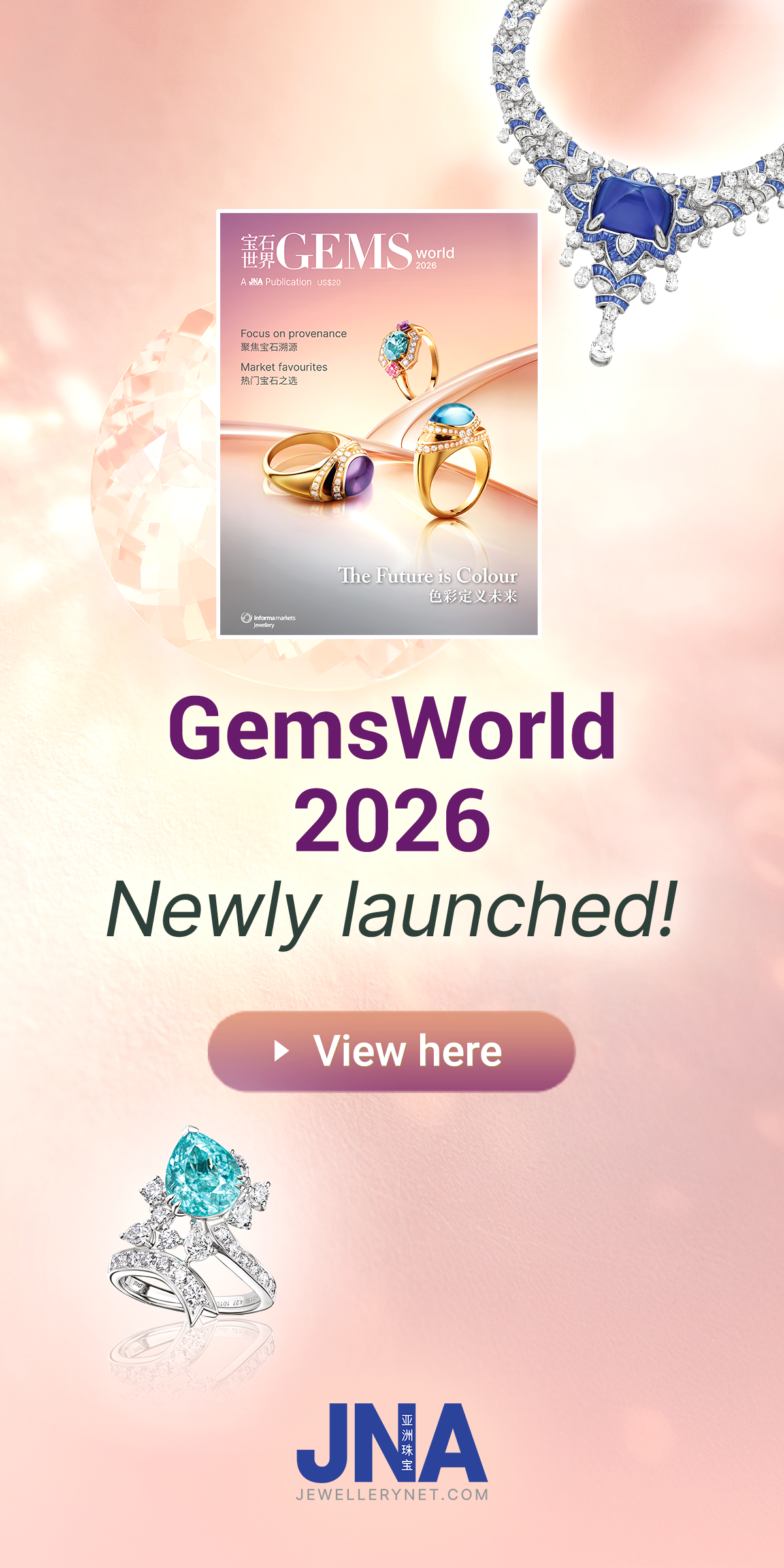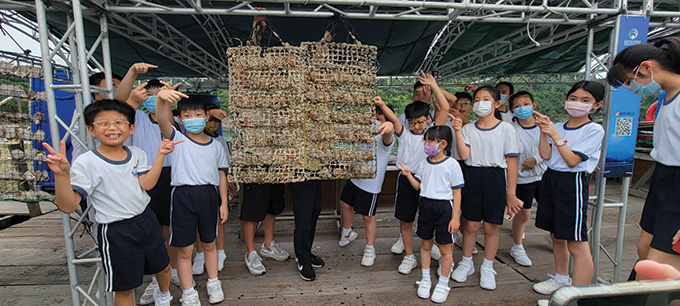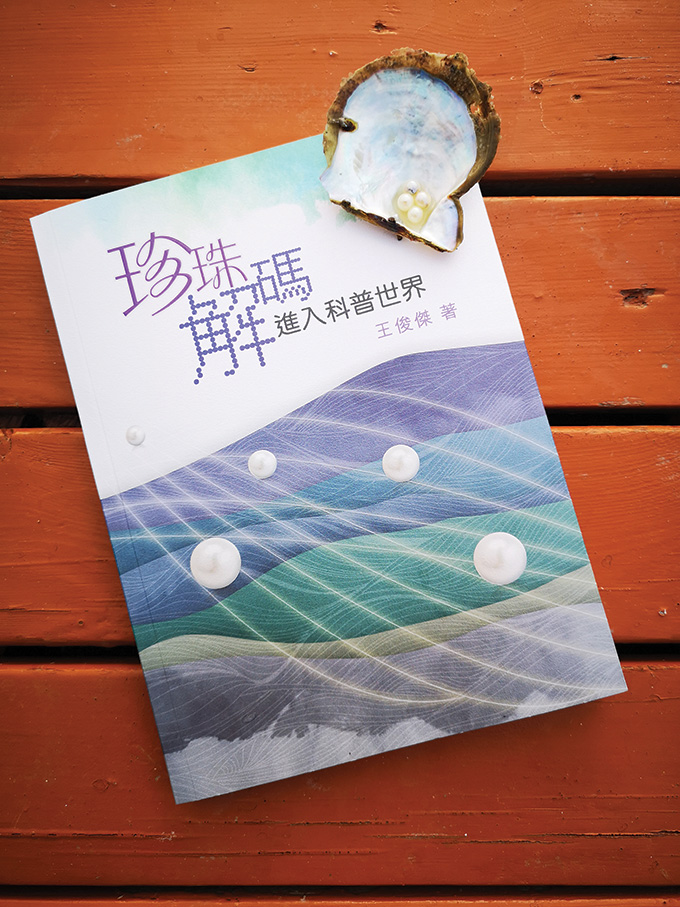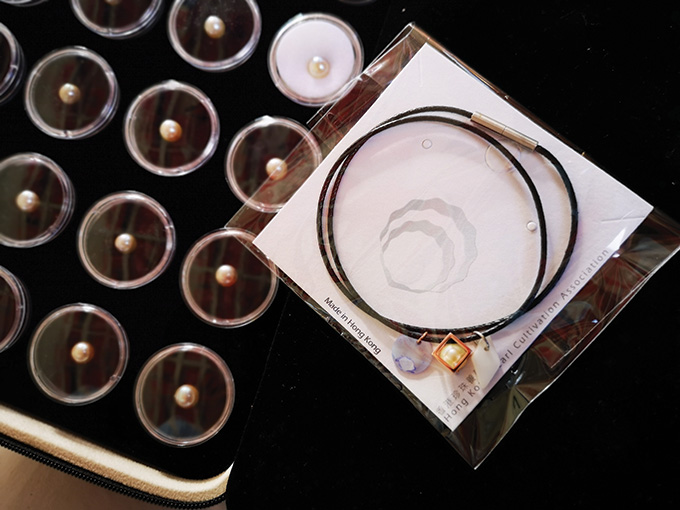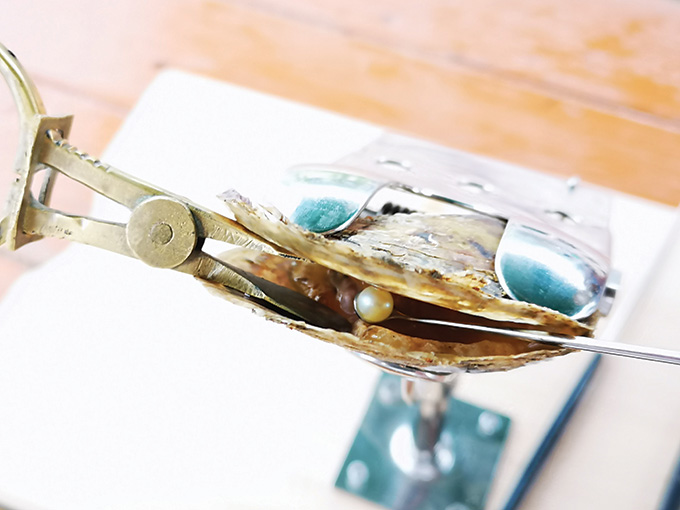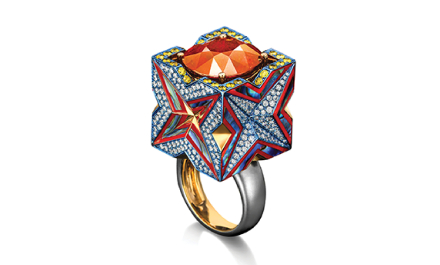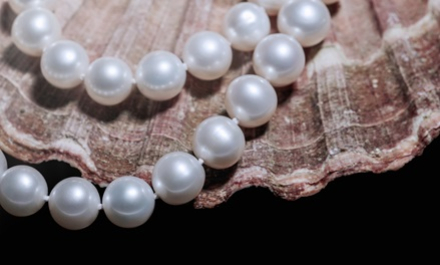Fukui Shell Nucleus Factory is leading initiatives in pearl technology, ecotourism and education, among others, to support pearl cultivators in navigating modern-day challenges.
This article first appeared in the Pearl Report 2023-2024.
Hong Kong-based Fukui Shell Nucleus Factory has made tremendous strides in many aspects of the pearl business, with the company gaining worldwide acclaim for its patented pearl authentication technology, Metakaku®.
The pearl expert celebrated Metakaku®’s 10th anniversary in June 2023, marking a significant milestone in Fukui’s history, revealed Project Director David Wong.
Metakaku® uses RFID technology to embed a wireless digital tag into the pearl’s nucleus so its origins and movements along the supply chain can easily be tracked and traced. This also imparts a unique identity and authenticity to each pearl.
A decade into its development, Metakaku® is winning favour among major pearl producers from French Polynesia, Myanmar, Indonesia, Japan and China. Wong remarked, “Since the borders reopened, we have been vigorously promoting Metakaku® in response to the rising demand for traceability. Big companies are already using Metakaku® to grow their pearls.” Independent jewellery designers and retailers are also seeing potential in Metakaku® pearls as the technology is occasionally found in pearls adorning various fine jewellery pieces, he added.
Transformations
Wong views the Covid-19 crisis as a catalyst for change and disruption in the pearl market, with technology playing a critical role. For instance, the pandemic gave birth to hybrid online and offline pearl auctions as well as alternative ways of sourcing pearls and reaching end-consumers.
It was also during the pandemic that Fukui started incorporating nano technology into the pearl nuclei. Wong explained, “While we still produce pearl nuclei according to traditional standards, nano technology assists in improving post-surgical recovery of pearl oysters. According to pearl farmers that we work with, oyster health and recovery has improved by over 30 per cent.”
Environmental and sustainability initiatives alongside continued education, especially in leading pearl markets such as China, likewise gained further steam during challenging times.
“Myanmar, Thailand, the United Arab Emirates and India are scaling up efforts to produce pearls in their countries,” noted Wong. “They need to be able to tell the pearl’s story compellingly. Metakaku® can help pearl farmers in these countries grow pearls that are uniquely identifiable.”
All-around pearls
Fukui’s contributions to the pearl trade goes beyond Metakaku®. In recent years, the company has steadily capitalised on the pearl’s exceptional allure to promote local tourism and pearl education. Its pearl ecotourism initiative, which allows members of the public to visit its pearl farm and witness how pearls are cultivated, is instrumental to upholding Hong Kong’s pearl heritage.
In the area of education, Fukui regularly receives requests from educational institutions to host sessions for students, especially on sustainable development. Wong also wrote a book on pearls in 2021, which he uses as reference in his talks. From there, he also developed a new educational programme called Sustainable Pearl Education.
The programme has four main themes, namely, Pearl culture and heritage; STEAM (science, technology, engineering, arts and mathematics) education; ecosystems; and sustainable development.
“Our business has always been about supporting global pearl cultivators in growing the best pearls,” shared Wong. “We are ready to aid other pearl farmers, specifically in China, Myanmar, India and Thailand, with Metakaku® in building their pearl brands.” Fukui has also signed an agreement with large pearl farmers in French Polynesia and Indonesia in the cultivation of the Metakaku® pearl, revealed Wong.
